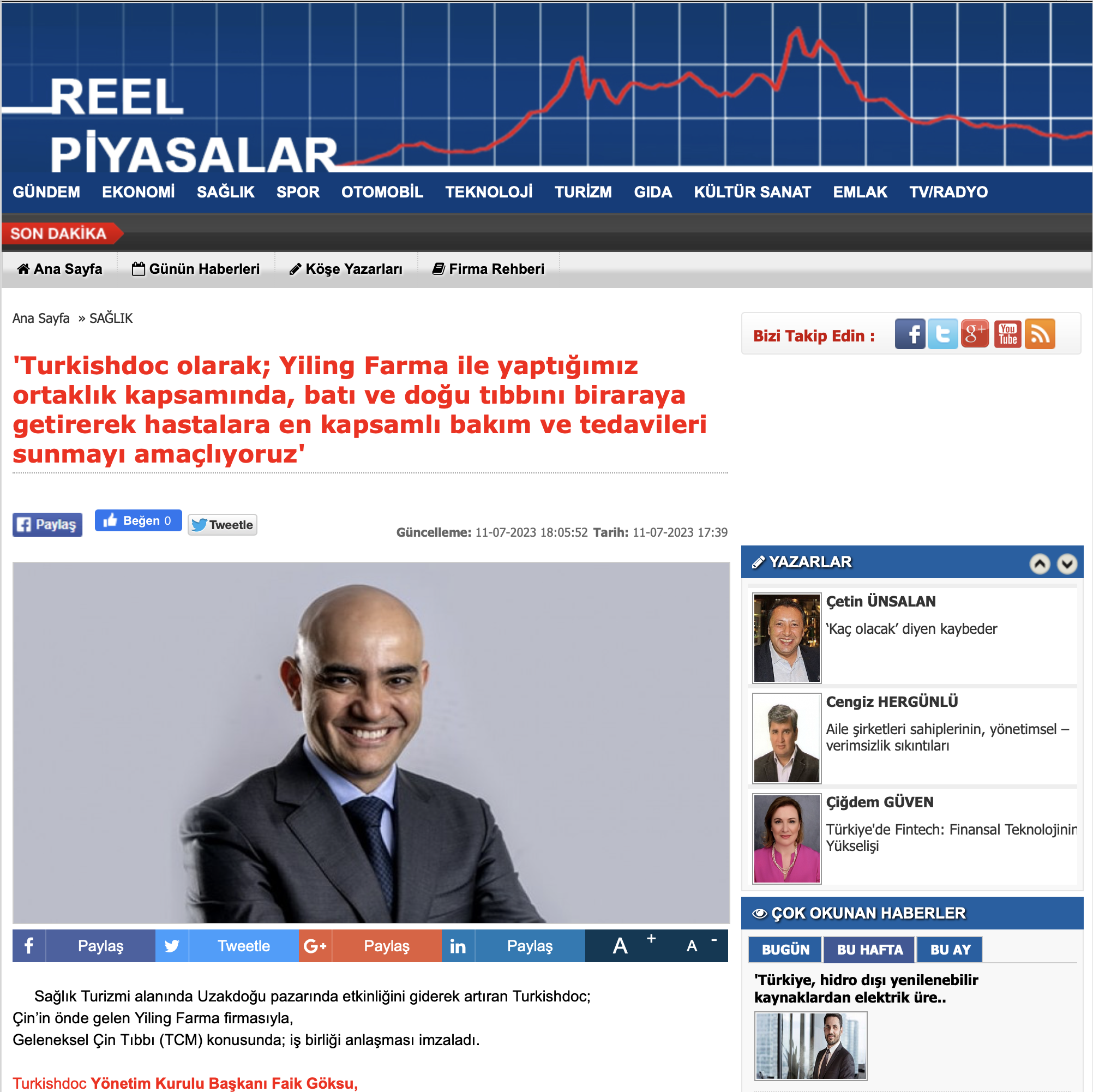Turkishdoc
What is the relation between PCOS syndrome and Obesity?
Overweight and obesity are chronic diseases with reduced quality of life and high risk of mortality and morbidity that require long-term care. The main cause is an excessive intake of food energy. The consequences of this widespread disease are immense for those affected, who suffer from secondary diseases such as type II diabetes, arthrosis and cardiovascular problems.
What is PCO or PCOS?
With a prevalence of up to 10%, polycystic ovary syndrome (PCOS) is one of the most common hormonal disorders in fertile women.
Clinical characteristics are hyperandrogenism, which manifests itself externally in the form of hirsutism, acne or androgenetic alopecia, as well as chronic anovulation, which is associated with a prolonged menstrual cycle and an unfulfilled desire to have children. The syndrome was named after the polycystic aspect of the ovaries that can be seen sonographically or laparoscopically.
What is obesity?Women with PCOS often exhibit significant insulin resistance, which can exist independently of obesity and goes beyond the extent that can be explained by obesity. PCOS patients have a four to five times higher risk of developing diabetes mellitus than healthy women of the same age.
Insulin resistance, in turn, promotes obesity because the hormone causes the body to store more and more energy, and it also promotes the production of male hormones. If the sensitive interplay of hormones in the female body is disturbed, the PCO syndrome can cause infertility.
How does PCOS relate to obesity?
The PCO syndrome is often associated with metabolic disorders and the associated obesity. If you are very overweight, bariatric surgery, for example a gastric band or gastric bypass, can be used to limit food intake. Weight loss due to the operation often also has positive effects on blood sugar, blood lipids or other metabolic parameters.
It is estimated that almost 50% of women with PCO are overweight or have a body mass index greater than 35. Obesity is not only a metabolic disorder, but has been shown to have an impact on the quantity and quality of oocytes.
Who is considered obese?
Doctors distinguish between overweight and obesity. For this purpose, the body mass index (BMI) is used (body weight: height x 2). One speaks of being overweight if the BMI is greater than 25 but less than 30. A BMI of 30 or more is obese. However, the composition (fat or muscles) is also important.
Obesity Grade I = BMI 30-34
Obesity grade II = BMI 35-39
Obesity grade III = BMI > 40 (morbid obesity)
How is the solution provided?
The fact that the number of diabetics is increasing is a problem that cannot be overlooked in the coming years. The possibilities of bariatric surgery have not yet been exhausted at all. Studies prove the very good weight reduction and the clear and safe improvement in the adjustment of diabetic metabolic conditions.
Obesity surgery helps to lose significant weight but is not primarily intended to treat infertility. However, the results of relevant studies and personal experience are promising and indicate that obese women with PCO syndrome can expect a significant improvement in symptoms.










